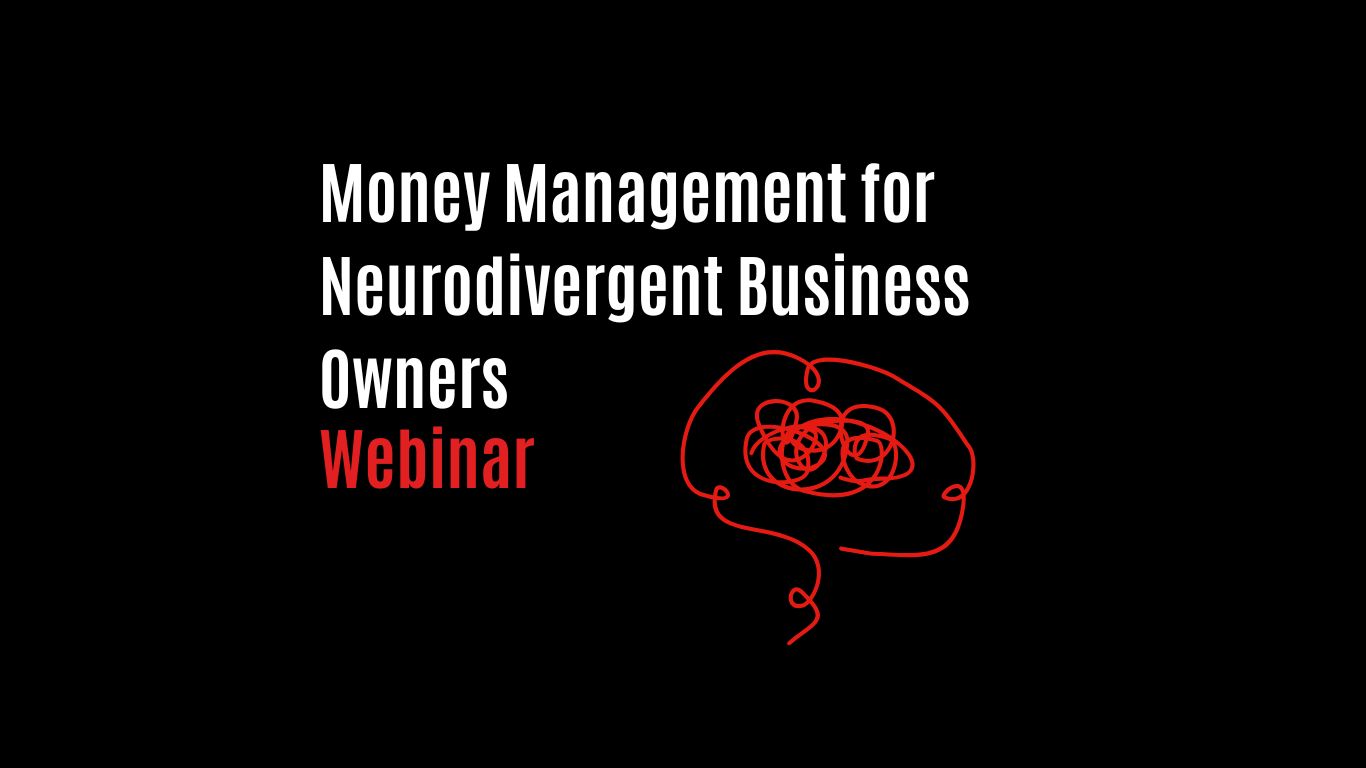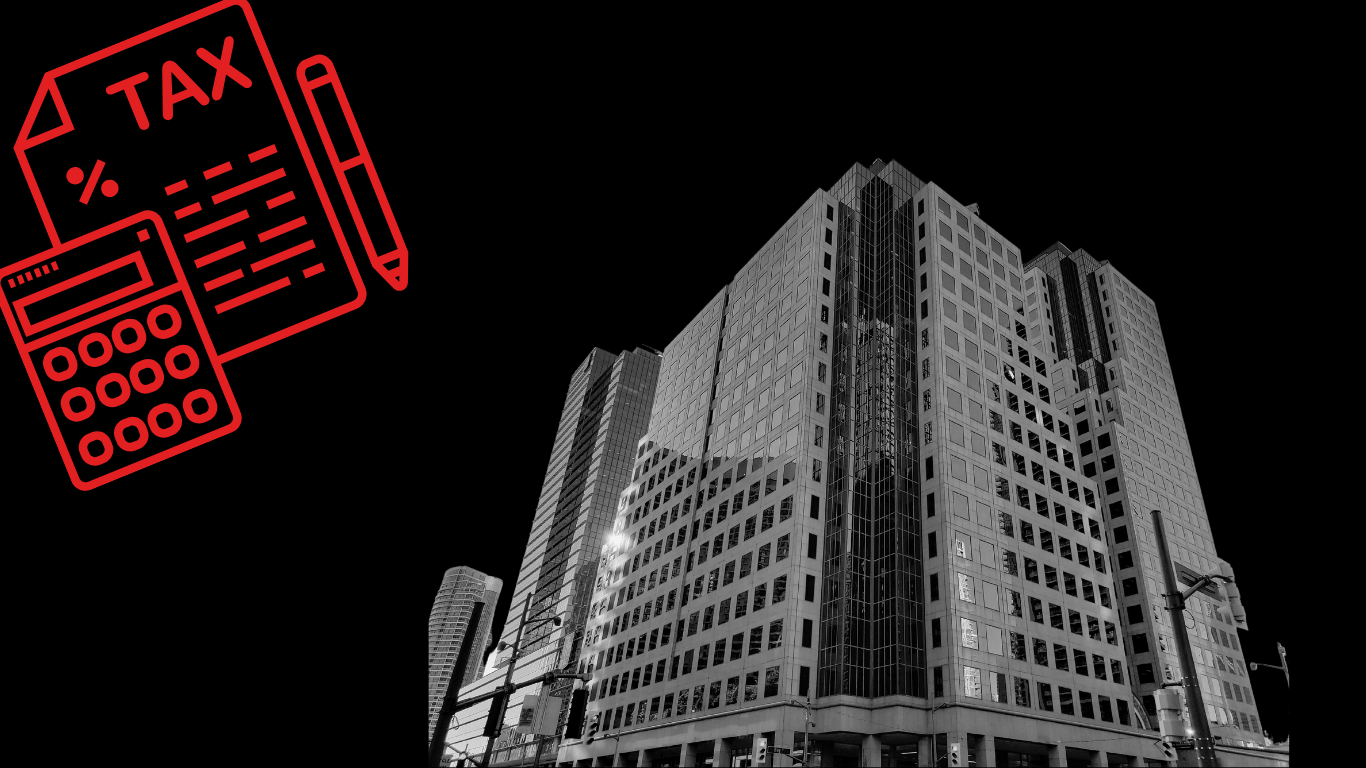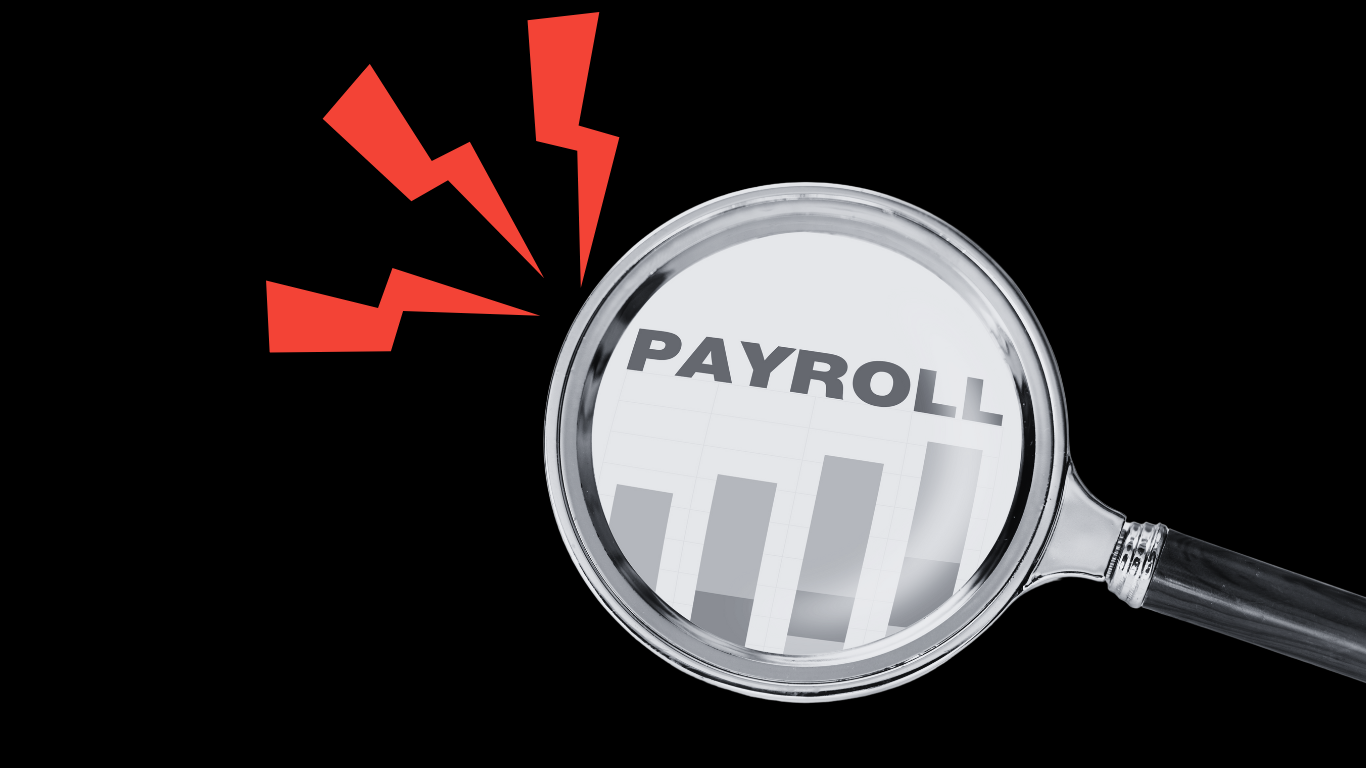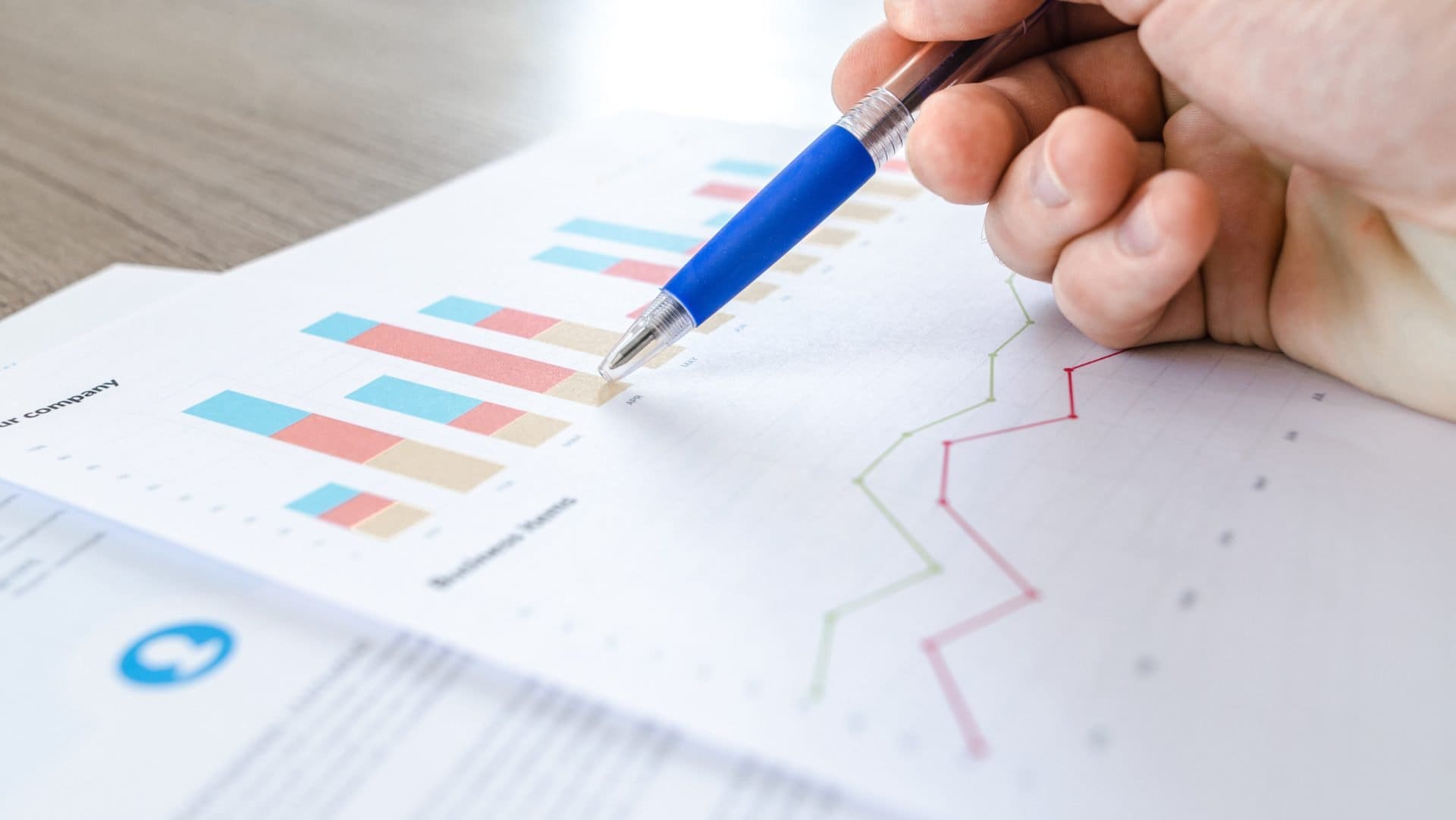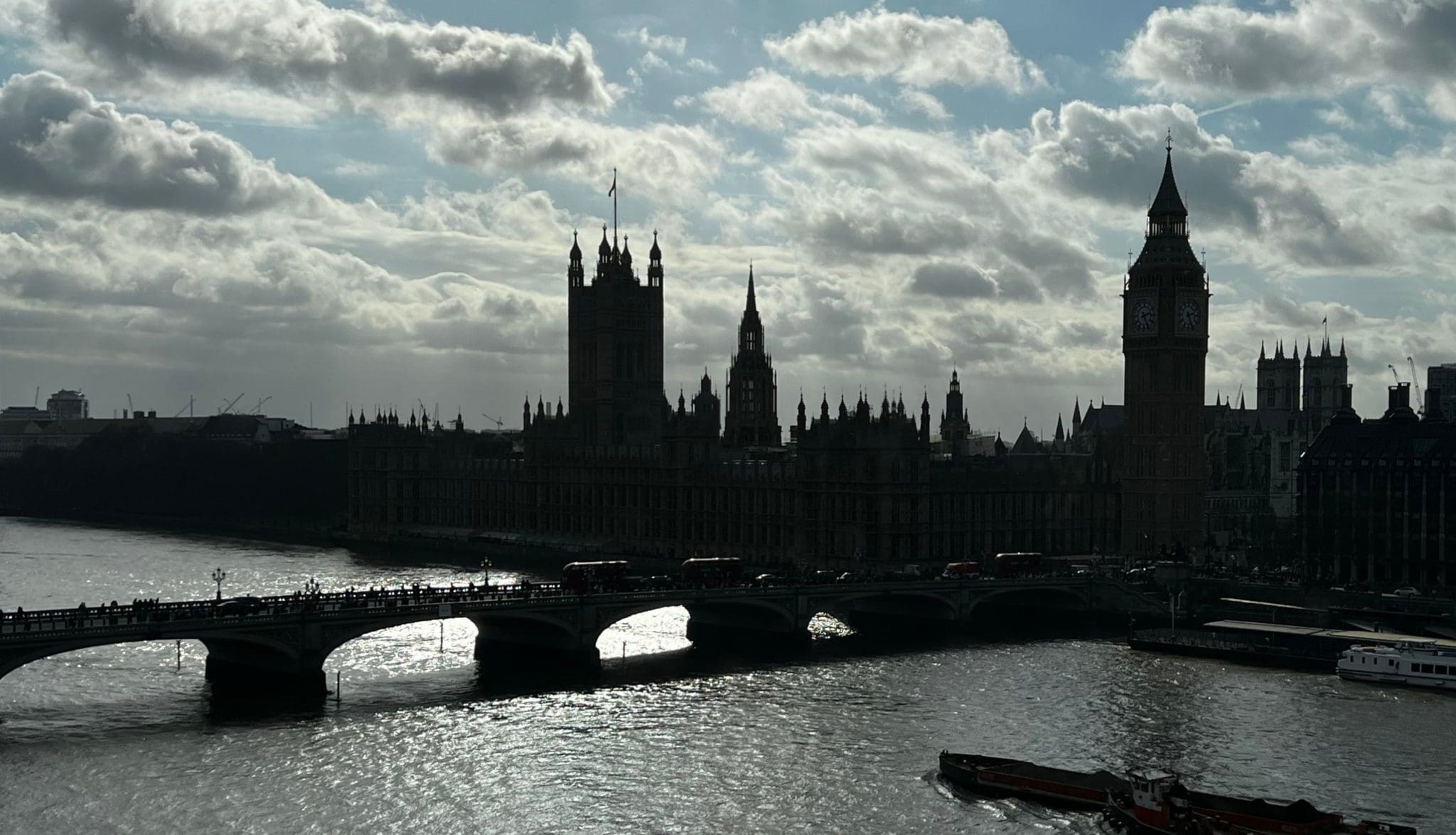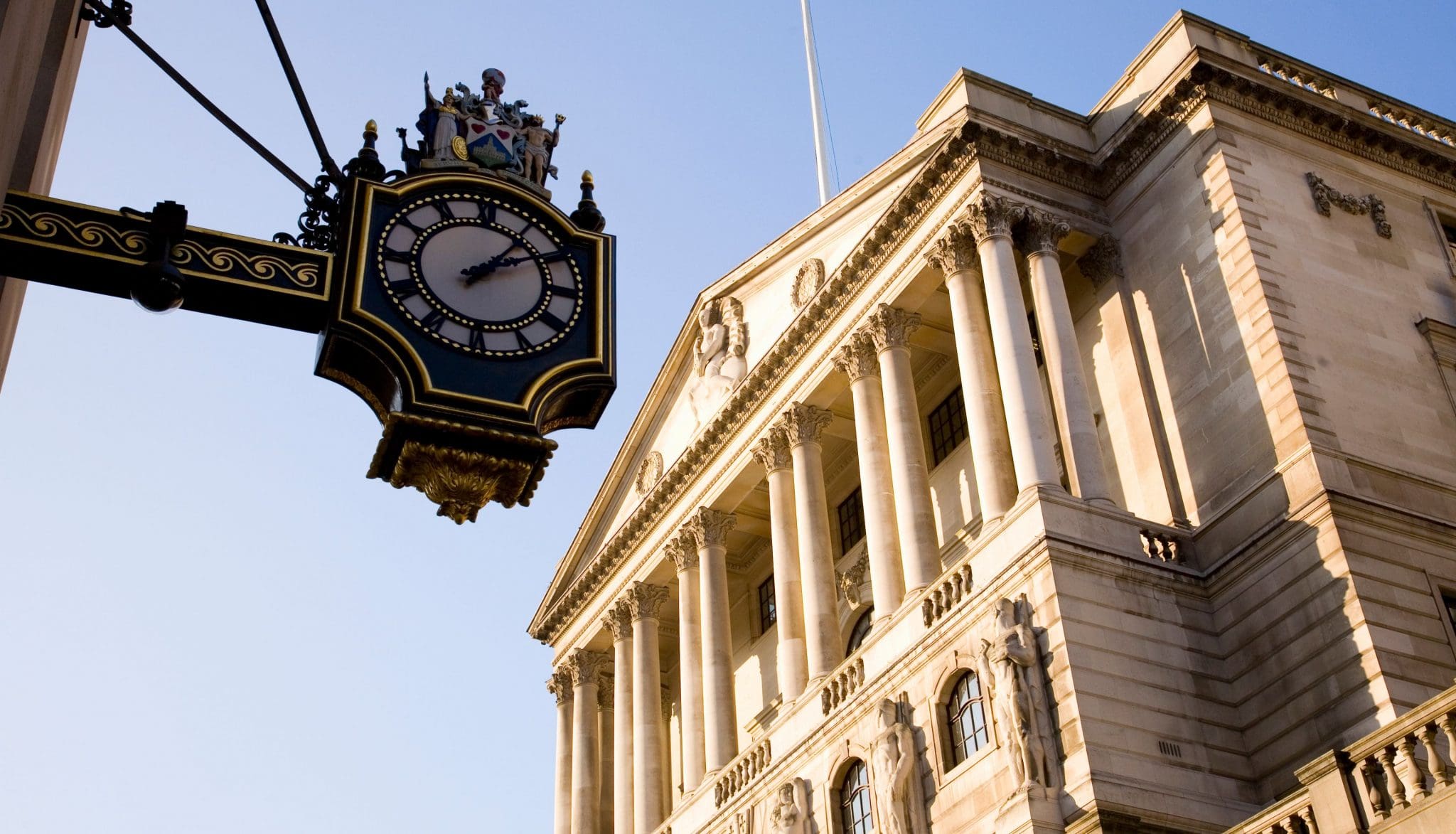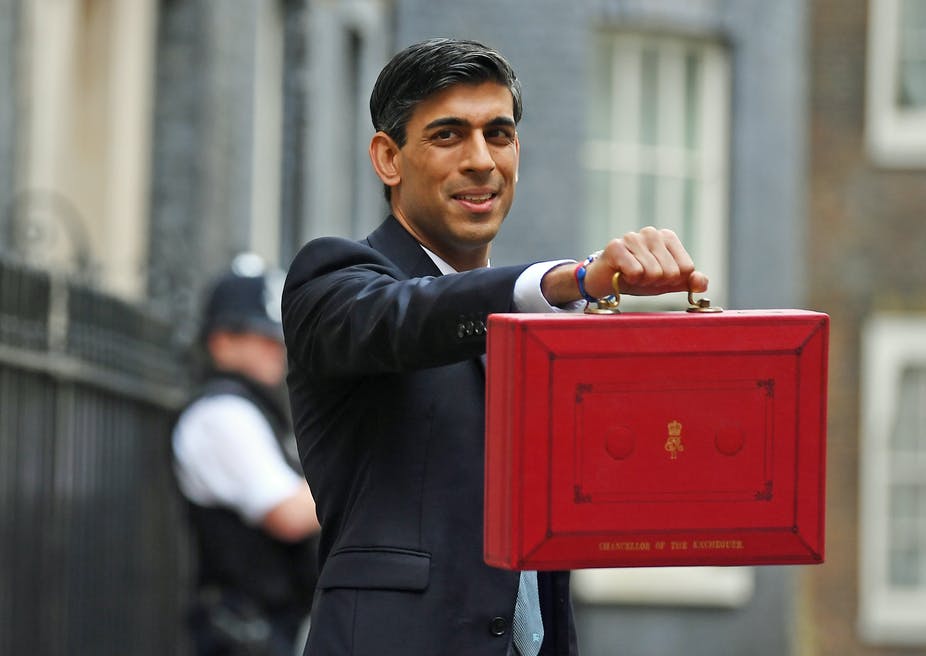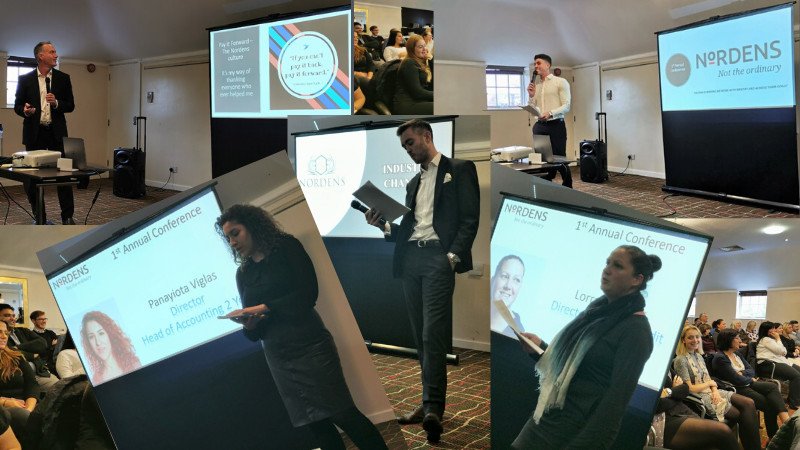During the Spring Budget 2023, the Chancellor Jeremy Hunt announced that the popular Super Deduction scheme was to be replaced. Capital Allowances are a key part of UK trade, enabling businesses to deduct certain items against their profits. This means they are a type of tax relief for businesses. Under the new measures, the new capital allowances regime is named as ‘Full Expensing’.
Investment has long been considered a key driver of productivity growth in the UK. However, business investment is seen as abit of a weakness in the UK currently. This is down to the recovery of COVID-19, the changes incurred by Brexit, and the current cost of living crisis. UK business investment accounted for 10.0% of GDP compared to the OECD average of 12.5% in 2021.
We break down the new changes to Capital Allowances, outlining the new Capital Allowances offer in full, and why the government have decided to shake things up…
What Is The New Capital Allowances For UK Businesses?
In the Chancellor’s announcements, he set out three pillars of the new Full Expensing regime. businesses will now benefit from:
- Full expensing – which offers 100% first-year relief to companies on qualifying new main rate plant and machinery investments from 1st April 2023 until 31st March 2026.
- The 50% first-year allowance (FYA) for expenditure by companies on new special rate (including long life) assets until 31 March 2026.
- The Annual Investment Allowance (AIA) providing 100% first-year relief for plant and machinery investments up to £1 million, which is available for all businesses including unincorporated businesses and most partnerships.
This means from April 2023, companies can claim 100% capital allowances on qualifying plant and machinery investments. This is due to end in March 2026. Full expensing allows companies to write off the cost of investment in one go. This allows for every pound a company invests, taxes are cut by up to 25p.
It’s worth noting that full expensing is available to companies subject to Corporation Tax only. Therefore, unincorporated businesses cannot claim. However, these businesses are entitled to claim the AIA. This will offer the same benefits as full expensing for the investments it covers (up to £1 million per year). As well as this, the plant and machinery must be new and unused. It must not be a car, given as a gift, or bought to lease to someone else. Most tangible capital assets, other than land, structures and buildings, used in the course of a business are considered plant and machinery for the purposes of claiming capital allowances.
Plant and machinery that may qualify for full expensing includes (but is not limited to):
- machines such as computers, printers, lathes and planers
- office equipment such as desks and chairs
- vehicles such as vans, lorries and tractors (but not cars)
- warehousing equipment such as forklift trucks, pallet trucks, shelving and stackers
- tools such as ladders and drills
- construction equipment such as excavators, compactors, and bulldozers
- some fixtures such as kitchen and bathroom fittings and fire alarm systems in non-residential property.
Why Have The Government Replaced The Super Deduction Scheme?
The UK government introduced the Super Deduction back in 2021, a 130% tax relief. This was the biggest two-year business tax cut in modern British history. It was designed to encourage companies to make additional investments, and to bring planned investment forward as the UK recovered from the pandemic.
The Chancellor prioritised capital allowances along with the announcement on rising Corporation Tax rates. The main rate of corporation tax will increase from 19% to 25%, as of 1st April 2023. Despite the rise to CT, the UK still has the lowest rate of all G7 nations. These generous investment incentives are intended to reward businesses that invest and create the right conditions for sustained economic growth. Full expensing builds on the success of the super-deduction, allowing companies to write off 100% of the cost of investment in one go.
The Chancellor claims as a result of the Capital Allowances measure, the UK’s capital allowances regime will be world leading. He also stated that he hopes to make the new Capital Allowances regime permanent once ‘fiscal conditions allow’.
What Do We Think About The Capital Allowance Changes?
Nordens’ Head of Tax, Adam Truluck, explains, “Although it’s sad to see that super deduction is no more. I think it is important to remember that this was always a temporary measure. It was put in place to encourage investment in the economy during COVID. It is good to see something appropriately replacing Super Deduction, which can be used to effectively save tax. Although the new scheme is only in place to 2026, it’s likely this is to be made a permanent relief. Again, this also will be a welcome announcement to many business owners. It is definitely worth considering whether plant and machinery needs to be replaced. This can reduce your tax by up to 25% of the cost which can make a huge difference!”
We hope this has outlined to you the new changes to Capital Allowances from 1st April 2023. If you’d like to know any further information on anything mentioned, or anything accounting related for that matter, please do not hesitate to get in contact with us at Nordens, where one of our trusted advisors would be happy talking you through your query.


























